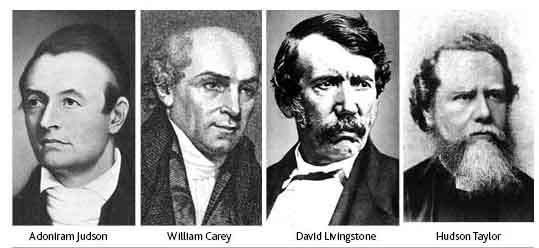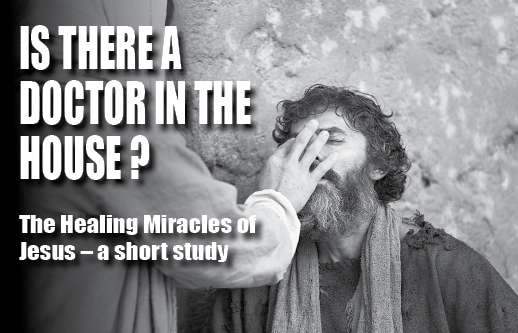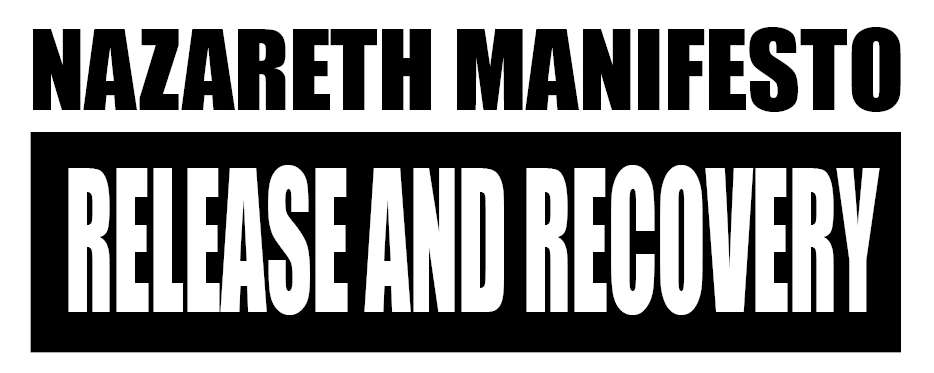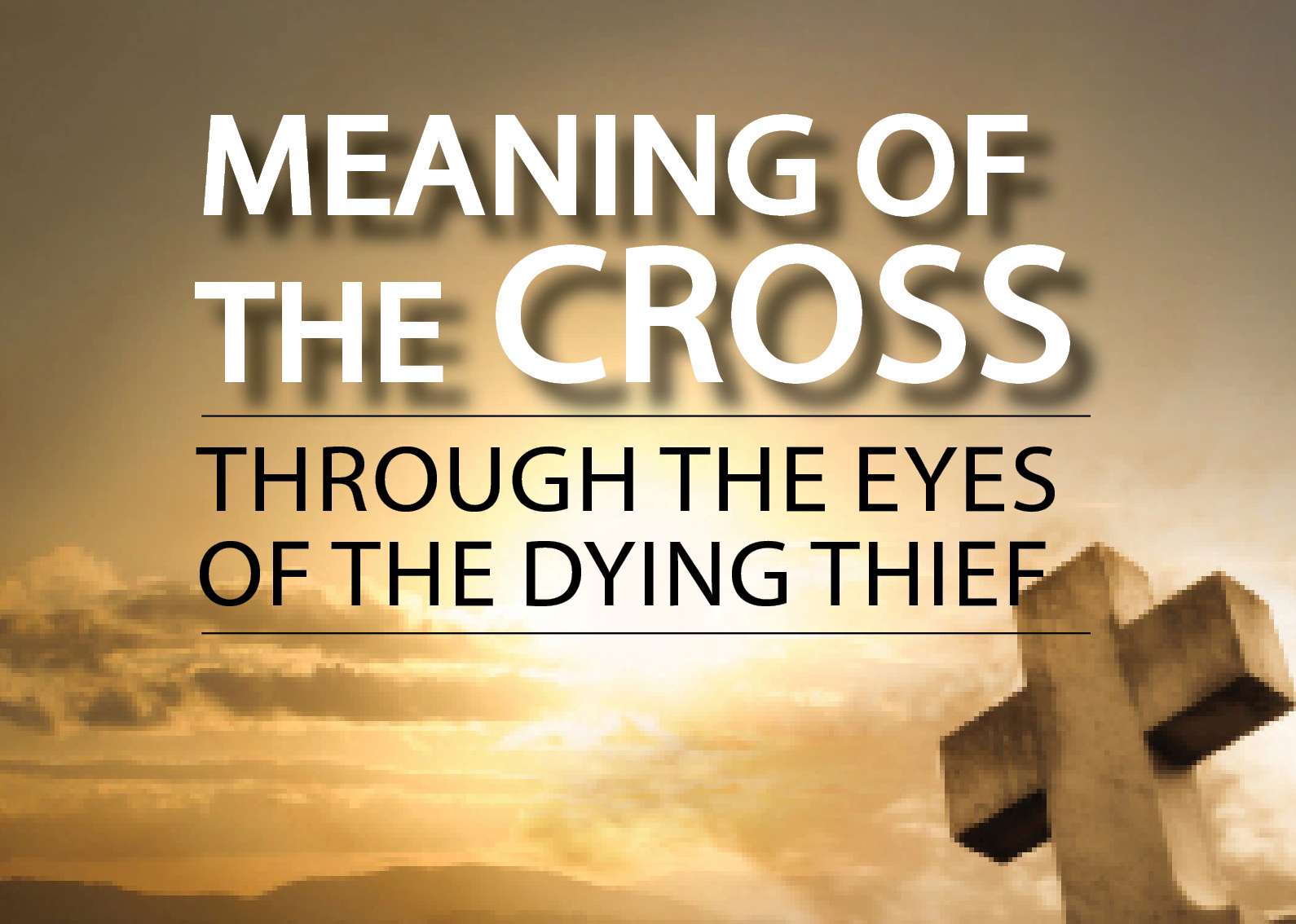

LIBERTY OR LICENSE ?
Dr. Kris A. Jackson
“Free”, what a word! “Free indeed” (John 8:36), a superlative word! To be free is the war cry of the tyrannized, the dream of the addicted, the prayer of the incarcerated, the experience of the redeemed and the treasure of the liberated. Bondage is insufferable. Prison bars demoralize. We can understand why the butterfly seeks to break free of its cocoon, how much more the human desire to escape chains of slavery. It was for freedom that Christ has made us free (Galatians 5:1).Truth is the great liberator of men and nations (John 8:32).
Thank God for freedom! Thank God for rights and “the right to”. I have a marriage license, a driver’s license, even a preacher’s license. Many of the former restrictions are gone, I have rights, I can do as I please. Or can I? Here lies the question of balance that must be answered by citizens of free societies and by every free moral agent – is license a license for license? Or another way of saying it, what are the limitations of Christian freedom? Being free “in” Christ, it is obvious that I am not free “from” Christ. Paul claimed that on occasion he became as without law to those who were without law, but clarified that he was “not without law to God” but was “under the law of Christ” (1 Corinthians 9:21). License is not licentiousness. Liberty is not libertinism. Freedom is not a free-for-all.
Black and white issues are easily determined for a conscientious Christian. We know the Ten Commandments. Sin is easily spotted and the devil’s devices are easily discerned for those who know the Word and walk in the Spirit. In discussing Christian freedom no one disputes whether lying, stealing, taking the Lord’s name in vain and so on are criminal, the debate revolves around the gray areas in life, what one reads, views, buys, owns, drives, eats, enjoys, etc. The heart questions, is this wrong? Is that all right? Where do I draw the line? Any answer given by a pastor pits him into one camp or another. To the youngsters he becomes irrelevant, to the older he is labeled a compromiser.
Is it possible to find a place of balance or moderation and still maintain moral integrity? Men much wiser than I have advised that it is best to err on the side of caution. Dr. Warren Wiersbe reasoned, “Before taking down a fence, find out why it was put there to begin with”. The ancient fences regarding reading materials, cinema, dating, dress, television, wining and dining and so on, were built for what were sound reasons at the time. The forefathers sought to live close to the Lord, they didn’t want anything to threaten intimacy, so they built clearly defined fences or what would be more properly called “traditions”. If any of the fences change with time, be sure, the foundation never changes. The way that leads to life is still a narrow gate.
The Bible doesn’t say a word about what car the believer drives but it says much about what drives the believer. Jesus said to put a ring on the returning prodigal son’s finger. Mary poured perfume on Jesus’ feet. The legalists argued with Paul over circumcision. We shouldn’t fight over who is right but rather examine ourselves whether we are in the faith.
The whole epistles of 1 Corinthians and Galatians are devoted to answering such questions. Paul forwards seven litmus tests for judging what is acceptable…
1) THE PRINCIPLE OF EXPEDIENCY – “All things are lawful for me, but all things are not expedient” (1 Corinthians 6:12). Is the matter under question helpful to your spiritual walk or does it weigh down or become counter-productive to progress? We are to lay aside every weight that holds us back from the will of God. All things may be lawful but not all things are “appropriate” (MSG), “profitable” (NIV) or “good for you” (TLB). A sister word is “expedite”. Is the matter expedient or ex-“speed”-ient, does it speed you toward your destiny?
2) THE PRINCIPLE OF ENSLAVEMENT – “All things are lawful for me, but I will not be brought under the power of any” (1 Corinthians 6:12b). The New English Bible translates, “No doubt I am free to do anything, but I for one will not let anything make free with me”. “I will not become a slave to anything” (NLT). There is nothing wrong with owning a smartphone, but what if texting and social networking become an obsession? Some people become addicted to coffee, soda drinks, television serials, candy, computer games or their favorite sports team. The human experience requires entertainment but everything must remain subject to the Holy Spirit. What ensnares ultimately enslaves.
3) THE PRINCIPLE OF EXPENSE – “And they that use this world, as not abusing it: for the fashion of this world passes away”
(1 Corinthians 7:31). Freedom uses things but never abuses privilege. What about the expense? Sometimes purchasing the more expensive is the wiser investment in the long run, but we are often tempted to buy brand name and brand new for the sake of ego and social status instead of sensible economics. The Christian judges what is spent according to how it benefits the kingdom of God. “Why do you spend your money for that which is not bread?” (Isaiah 55:2) In America we call it “keeping up with the Joneses”. What people don’t consider is that Jones is in debt up to his eyeballs. It would be wiser to emulate Jesus than Jones!
4) THE PRINCIPLE OF EXAMPLE – “But take heed lest by any means this liberty of yours become a stumblingblock to them that are weak”
(1 Corinthians 8:9). Young eyes are watching. Whether we know it or not people judge Christ by the lives we live and new believers pattern their lives according to the example of more mature believers. Something may be “lawful” but does it set a positive example for others? Paul said, “It is good neither to eat flesh, nor to drink wine, nor anything whereby your brother stumbles, or is offended, or is made weak” (Romans 14:21)
5) THE PRINCIPLE OF EVANGELISM – “For though I be free from all men, yet have I made myself servant unto all, that I might gain the more” (1 Corinthians 9:19). Then Paul added, “Even as I please all men in all things, not seeking my own profit, but the profit of many, that they may be saved” (1 Corinthians 10:33). Most would rather “see” a sermon than hear one any day. The greatest sermon, greater than any message preached by Finney or Spurgeon or Moody, is the consistent witness of an ordinary believer in her daily nursing duties or his daily office work. Some activity may be perfectly okay for the Christian but he or she may choose to not participate in it for the sake of the unsaved. We must be more evangelism-conscious than self-conscious.
6) THE PRINCIPLE OF EDIFICATION – “All things are lawful for me, but all things do not edify” (1 Corinthians 10:23). To “edify” (Greek – oikodomeo) means to “build up the house”. Everything we do should be for the betterment of the house of God and God’s people. The Amplified Bible says all things are lawful but not all things are “constructive”. If my “freedom” serves to tear another down instead of build them up then I am not practicing the law of love.
7) THE PRINCIPLE OF EXALTATION – “Whether therefore you eat, or drink, or whatsoever you do, do all to the glory of God” (1 Corinthians 10:31). Does God receive praise from the thing being permitted? Can the drunkard lift a liquor bottle with one hand while raising the other hand in praise to God? Such imagery is farcical. A believer cannot partake of the table of the Lord and the table of devils? Is the worshiper really prepared to meet with God on Sunday who has spent the other six days of the week feeding on Hollywood and Bollywood, running around shopping malls and focusing entirely on making enough money to pay the bills? We are first and foremost God’s children. We should live for His pleasure. If something is “lawful” and it glorifies the Lord then indulge, but if it in anyway dishonors Him, there should be a check in the believer’s spirit.
Use these simple tests to judge your own actions, conversations and choices. It is not our calling to judge others for believers are at differing stages in their personal spiritual journeys. What we must ask is whether something is right or wrong for ourselves. Timothy may have drank a little wine “for his stomach’s sake” and “his oft infirmities”. For someone to claim that verse to satisfy their own craving would be a blatant twisting of scripture because we have plenty of other digestive helps for sale over the pharmacy counter. What we must identify is whether a person is testing the old fences because of an honest desire to know the heart of God or if they are simply challenging authority and being rebellious.
William Barclay translated Ephesians 5:10 as follows, “You must submit everything to the test of the approval of the Lord”. Everything! Foods, moods, attitudes, looks, likes, thoughts, feelings, tastes, websites, friendships, cruise ships, hobbies, TV shows, use of time and on and on. The flesh asks, what can I get away with? The spiritual man asks, how can I best please the Lord? The spiritual daredevil walks close to the edge of the cliff while the less daring hugs close to the mountainside. If you choose the safety of the mountainside it is not evidence of cowardice, but rather proof of sanity. Christian freedom is freedom to choose the Lord.




































